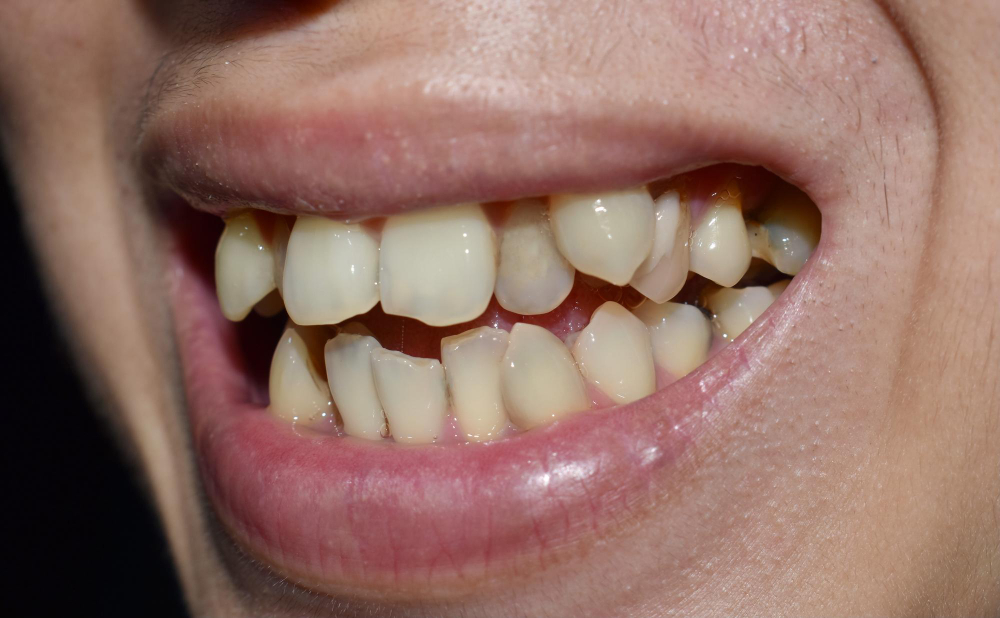What Is Malocclusion?
Malocclusion, also known as misaligned teeth, means your teeth do not fit together properly when you bite. This condition can affect both children and adults. Often, malocclusion develops as teeth grow in or due to habits like thumb-sucking. Because it can lead to oral health problems, it is important to know the signs of misaligned teeth. According to the World Health Organization (WHO), early detection helps prevent further dental issues.
Common Signs of Malocclusion
Many people wonder how to identify malocclusion. While some signs are easy to spot, others may be subtle. However, noticing these early can help you seek timely dental care. Here are some common signs of misaligned teeth:
Typical Symptoms of Malocclusion
Besides visible signs, malocclusion can cause several symptoms. These can affect your comfort and daily life. For example, you may notice pain or trouble chewing. Below are typical malocclusion symptoms:
When to See a Dentist
If you notice any signs or symptoms of malocclusion, it is wise to visit a dentist. Early treatment can prevent further problems. In many cases, dentists use braces or other devices to correct misaligned teeth. However, only a dental specialist can recommend the best option for you. According to the American Dental Association, regular dental check-ups help catch malocclusion early.
Prevention and Oral Health Tips
While not all cases of malocclusion can be prevented, good oral habits can help. For instance, caring for your teeth and avoiding harmful habits can reduce your risk. Here are some dentistry tips for malocclusion and better oral health:
Above all, early action is key to keeping your smile healthy.
If you notice any signs of malocclusion, consult a dental specialist for personalized advice.
